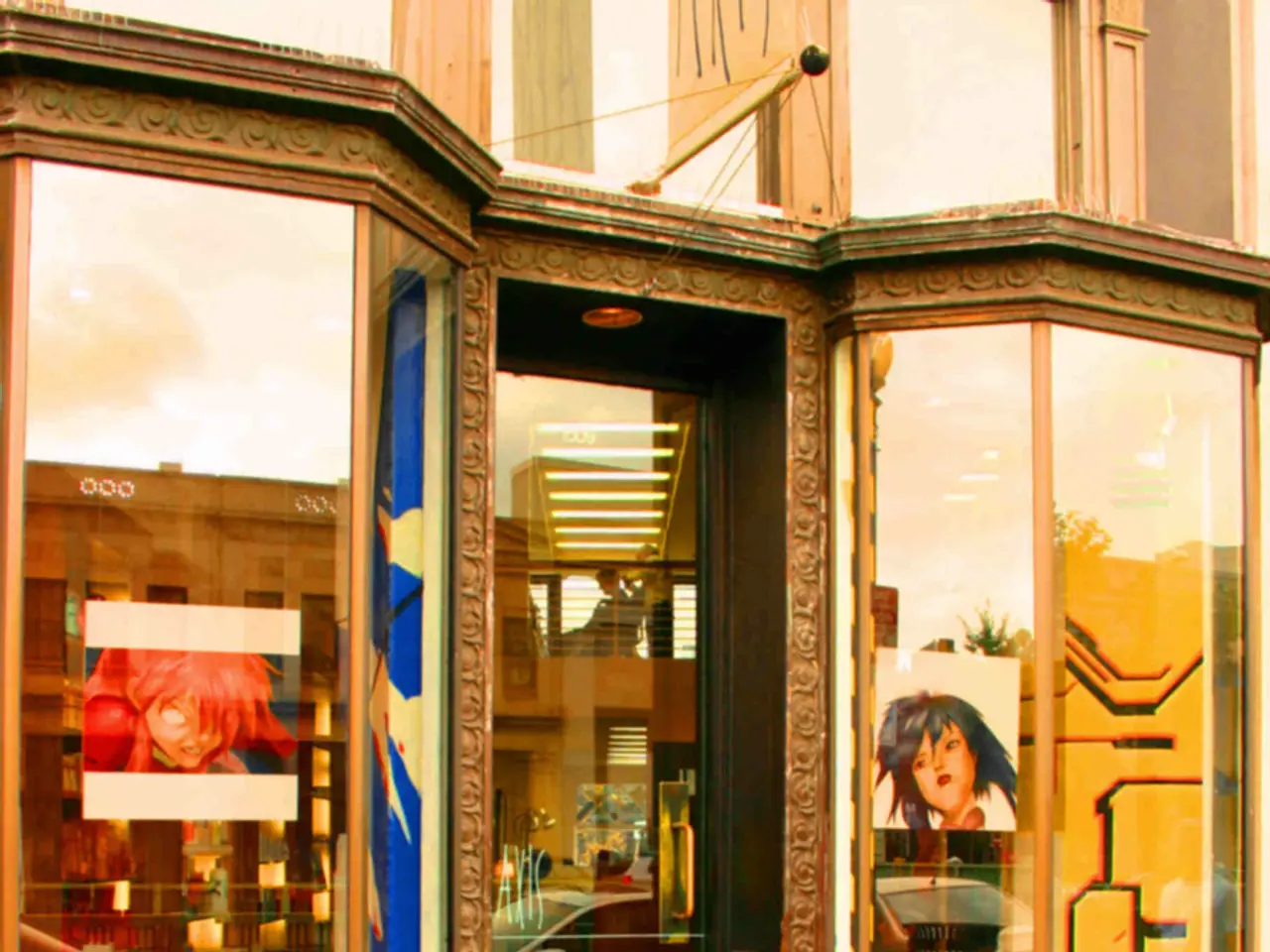Stolen Roman columns and Ottoman artifacts discovered in a shop in Antalya, priced as high as $980
In the picturesque province of Antalya, Turkey, an unexpected discovery was made in a local workshop. Cultural heritage items dating back to the Roman and Ottoman periods were found for sale, shocking authorities and conservation experts.
The former head of Antalya Directorate of Surveying and Monuments, Cemil Karabayram, visited the workshop and expressed his concern about the looting of these historical artifacts. He noted that the collection included items from Ottoman-era buildings in various towns, such as Akseki, Ibradi, Ormana, and Sarihacilar. Roman-era column capitals were also found on the floor and were being sold.
Karabayram, an expert in conservation and restoration, stated that each piece found was an immovable cultural asset. He expressed further concern about the looting of historical artifacts, emphasizing the importance of preserving these treasures for future generations.
The investigation into the matter was launched by authorities in Antalya province. Side Museum officials, accompanied by gendarmerie, collected the archaeological items from the workshop and transferred them to the museum. The Side Museum Directorate is now taking necessary steps to identify and preserve the items.
No determination has been made on the doors and windows, but the column capitals could result in a heavy penalty. The Turkish legal system imposes penalties including fines and imprisonment for unauthorized selling, smuggling, or trafficking cultural artifacts. Confiscated items are transferred to museums as part of preservation and repatriation efforts.
It is important to note that Antalya hosts a vibrant antique market in the Muratpaşa district, where around 5,000 antique items—often from the Ottoman era and early Republican period—are legally bought and sold. This market operates mainly in the second week of every month and serves as both a sales platform and exhibition space for antiques such as clocks, copper household items, and porcelain. The market aims to foster interest in antiques rather than facilitate illicit sales.
Investigations and penalties related to unauthorized selling or smuggling of cultural heritage items in Türkiye are managed by the Ministry of Culture and Tourism, which actively combats illegal artifact trade and smuggling. Since 1980, about 27,000 smuggled artifacts have been repatriated to Türkiye, including 9,000 after 2018, showing a sustained crackdown on unlawful trading and trafficking of cultural goods.
In summary, the discovery of ancient artifacts for sale in a workshop in Antalya has sparked an investigation, highlighting the importance of protecting cultural heritage. The Turkish legal system imposes penalties for unauthorized selling, smuggling, or trafficking cultural artifacts, and confiscated items are typically transferred to museums for conservation and display. The vibrant antique market in Antalya serves as a legal platform for antiques, while the Ministry of Culture and Tourism works to combat illegal trading and trafficking of cultural goods.
- Cemil Karabayram, former head of Antalya Directorate of Surveying and Monuments, also expressed concern about the potential sale of Ottoman-era fashion and beauty items, like jewelry or textiles, that could have been found in the workshop.
- The local community in Antalya was shocked to learn that historical home and garden accessories, such as Ottoman-era ceramic pots or mosaic tiles, may have been also offered for sale in the workshop, adding to the list of looted cultural artifacts.
- As the investigation into the unauthorized selling of ancient artifacts in Antalya continues, it has highlighted the need for stricter regulations and increased monitoring in the realms of crime and justice, particularly in regards to political corruption that may be involved in the trafficking of cultural artifacts.




